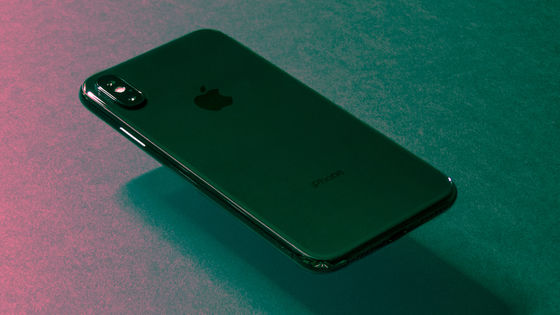'The court's permission warrant is necessary to investigate the location information record of the mobile phone,' the Federal Supreme Court ruled

On June 24, 2018 local time, the US Supreme Court ruled that police need a warrant of judges' permission to access mobile service provider data and track individuals.
In Major Privacy Win, Supreme Court Rules Police Need Warrant To Track Your Cellphone: NPR
https://www.npr.org/2018/06/22/605007387/supreme-court-rules-police-need-warrant-to-get-location-information-from-cell-to
Supreme Court protects digital privacy of cellphone location records
https://www.usatoday.com/story/news/politics/2018/06/22/supreme-court-protects-privacy-cellphone-location-data/1053088001/
In 2011, a man named Timothy Carpenter was arrested as a suspect because of suspected armed robbery in Michigan and Ohio. FBI examined more than 12,000 location information from cell phone data for a total of 127 days as evidence to prosecute Carpenter suspects. This investigation was based on the law called the Stored Communications Act (SCA) which allows data to be investigated without a warrant.

Ultimately Carpenter was convicted but the American Association for Freedom of Human Rights (ACLU) said: "SCA is a law enacted in the era when there is no idea to carry a phone anywhere and should be applied to the present age Because the investigation of the location information of the mobile phone that FBI did without a warrant is unfair and disobeying the prohibition of investigation, arrest, seizure without the reasonable reason for the Constitution of the United States Article 4 , Evidence should be dismissed, "accusing Carpenter as an agent and appealing.
Regarding the issue of "Is it possible to investigate the location information record of an unlawful cell phone," the Federal Supreme Court ruled that basically it can not make evidence of mobile phone evidence without a judge's permission warrant did. The ruling has been decided by a majority vote of 5 to 4, and the idea that individual privacy should be defended has won.

by Ted Eytan
John Roberts, the Supreme Court chief judge who wrote the judgment statement stated that smartphones are deeply rooted in people's lives and have many personal information, and in order for police to fight crime the information of the mobile phone We admitted that we need to investigate. In addition, it is said that warrants are generally necessary when investigating information on mobile phones.
However, in the event of an emergency such as terrorism, shooting incident or kidnapping incident, we acknowledge that we can investigate the location information of the mobile phone and make it as evidence even without a warrant. Still in the judgment sentence, it is stated in the sentence that it recognizes the usefulness only when it can explain that "the urgency of the situation is reasonable even if objectively viewed under Article 4 of the Constitution of the United States", basically it is an individual It shows the attitude of giving priority to privacy.
In addition, Judge Samuel Aliot who took charge of this case says that in order to apply mobile phones to investigation, it is necessary to look back on the relationship between law enforcement agencies and privacy newly. It also comments on Congress asking Congress to enact legislation that defines the scope and limitation of privacy of individuals, including modern technology.
Related Posts:
in Mobile, Posted by log1i_yk







